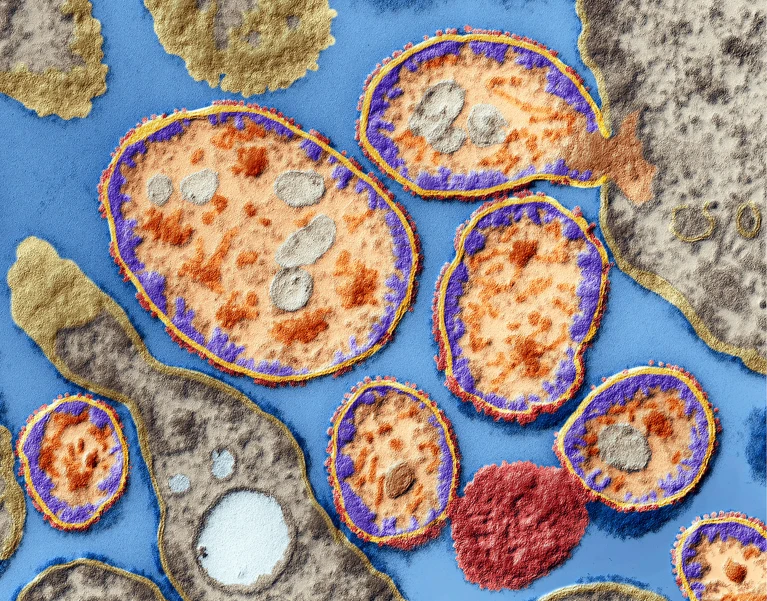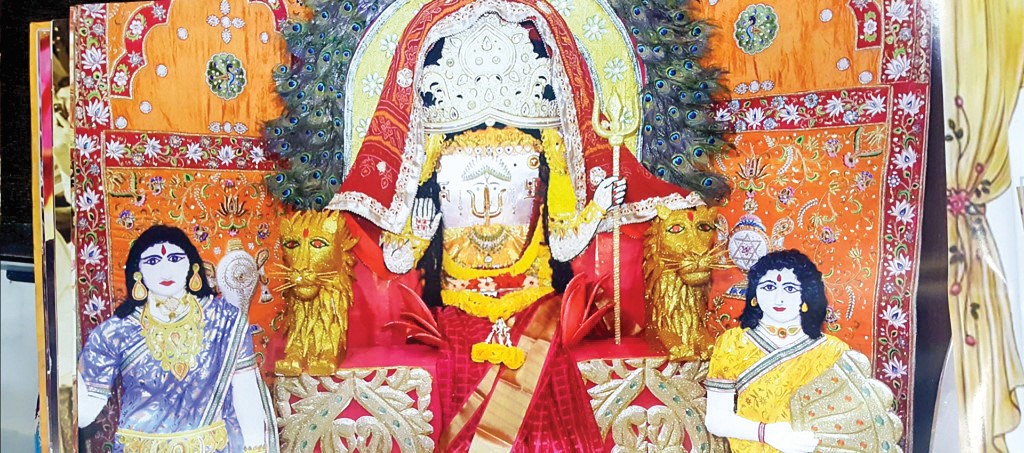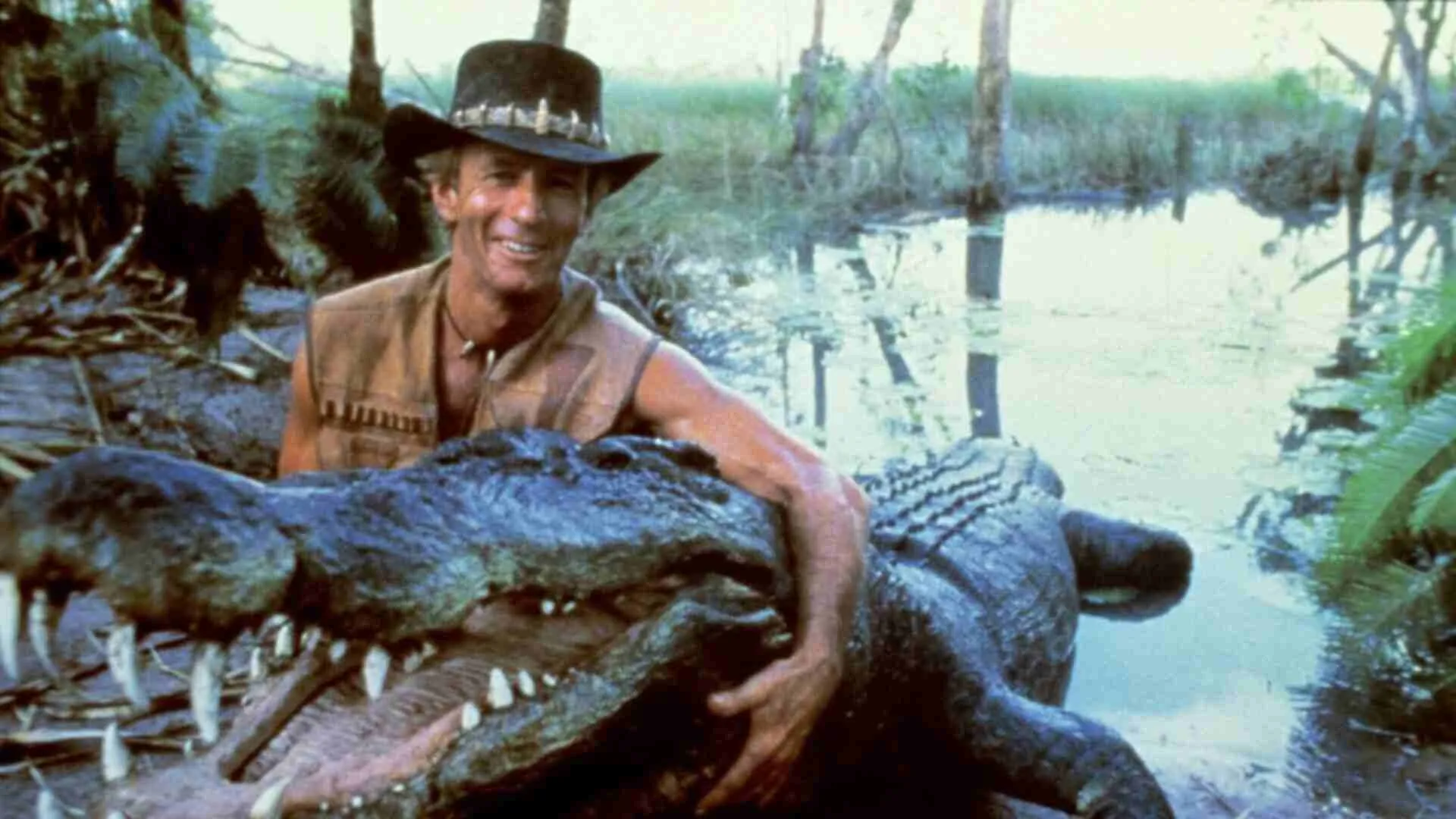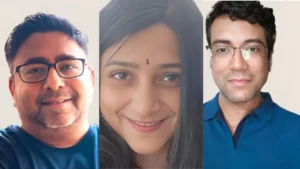In recent years, a notable initiative has been taking shape in India. The Foundation for Indian Historical and Cultural Research (FIHCR), founded by renowned historian Dr. Vikram Sampath, is working to broaden the perspective on Indian history. Through its Sir Jadunath Sarkar Fellowship, FIHCR is supporting historians committed to exploring India’s rich past from diverse viewpoints.
Historically, much of India’s story has been influenced by external perspectives, often colored by colonial interpretations. FIHCR, a non-profit, apolitical organization, aims to encourage Indian scholars to contribute more actively to historical discourse. The Sir Jadunath Sarkar Fellowship, named after one of India’s esteemed historians, provides a grant of Rs. 15 Lakhs to five promising researchers each year, covering a wide range of topics from ancient to post-independence Indian history.
In its latest cohort, eight scholars have begun their research journeys. Their work aims to examine lesser-explored aspects of Indian history, offering fresh perspectives and potentially challenging some long-held assumptions.
Dr. Lakshmi Arya – Dean-Research and Professor of History at RV University
Prof. (Dr.) Lakshmi Arya Thathachar, Dean-Research and Professor of History at RV University, Bengaluru, brings a wealth of international experience to the Sir Jadunath Sarkar Fellowship. Dr. Thathachar is focusing on the interplay between colonial interpretations and native responses in shaping Indian culture and law. “Being part of this fellowship has been an enriching and transformative experience,” she shared. “The structured guidance and interactions have broadened my perspective on historical research.” Dr. Thathachar emphasized the fellowship’s unique value, stating, “It provides historians the invaluable time and space to craft nuanced, meaningful narratives that bridge academia and the public sphere.”
Dr. Saumya Dey Professor of History, Rishihood University
Dr. Saumya Dey, a historian with a Ph.D. from JNU and author of five scholarly works, brings a critical perspective to the fellowship. His research aims to provide a systematic critique of Marxist historiography in Indian academia. “The Sir Jadunath Sarkar Fellowship offers a unique opportunity to conduct impactful historiographic research,” Dr. Dey explained. “To be mentored by Dr. Vikram Sampath is invaluable, and the association with FIHCR has been tremendously helpful. This fellowship will enable researchers to chart new areas in Indian historiography.”
Mr. Chandrachur Ghose- Author, Columnist, Public speaker
Mr. Chandrachur Ghose, an accomplished author and public speaker with degrees from Visva Bharati and the University of Sussex. Known for his works on Indian history, including the biography “Bose: The Untold Story of an Inconvenient Nationalist,” Ghose is now focusing on Bengal’s contribution to Indian nationalism. “My FIHCR project aims to understand the contest of divergent ideas that shaped Bengali identity from Raja Ram Mohan Roy to Mamata Banerjee,” Ghose explained. He praised the fellowship’s impact, stating, “FIHCR has played the role of a catalyst in strengthening the understanding of academic processes. It offers a great platform for Indian scholars to research and tell their stories.”
The impact of FIHCR’s initiative extends beyond individual research projects. By fostering a community of scholars dedicated to exploring India’s past through an indigenous lens, the foundation is contributing to a broader cultural renaissance.
As these scholars continue their research, supported by FIHCR’s resources and mentorship, they stand poised to make significant contributions to Indian historiography. Their work represents not just academic achievement, but a step towards cultural empowerment, allowing Indians to see their past—and by extension, their present and future—through eyes unclouded by external biases.
The information, facts, or opinions appearing in the article do not reflect the views of The Daily Guardian and The Daily Guardian does not assume any responsibility for the same.














